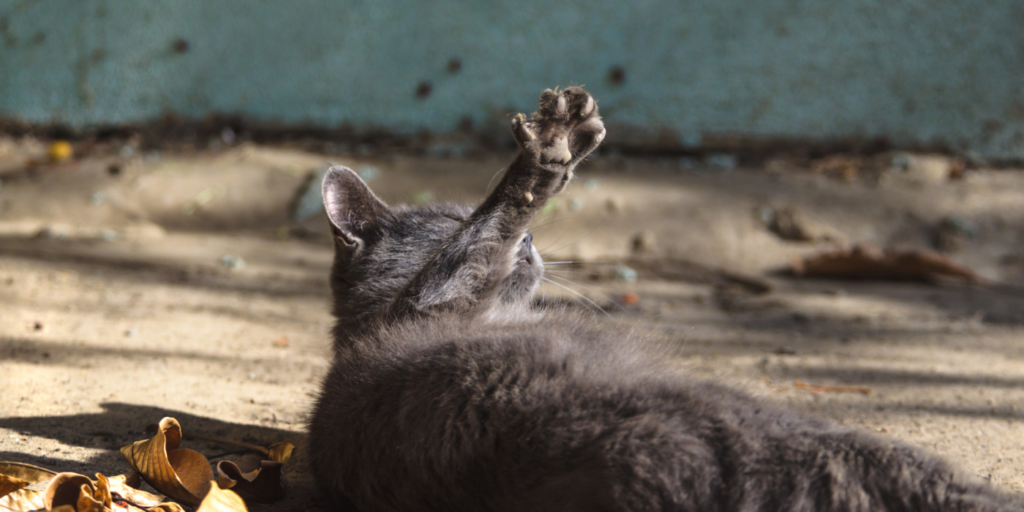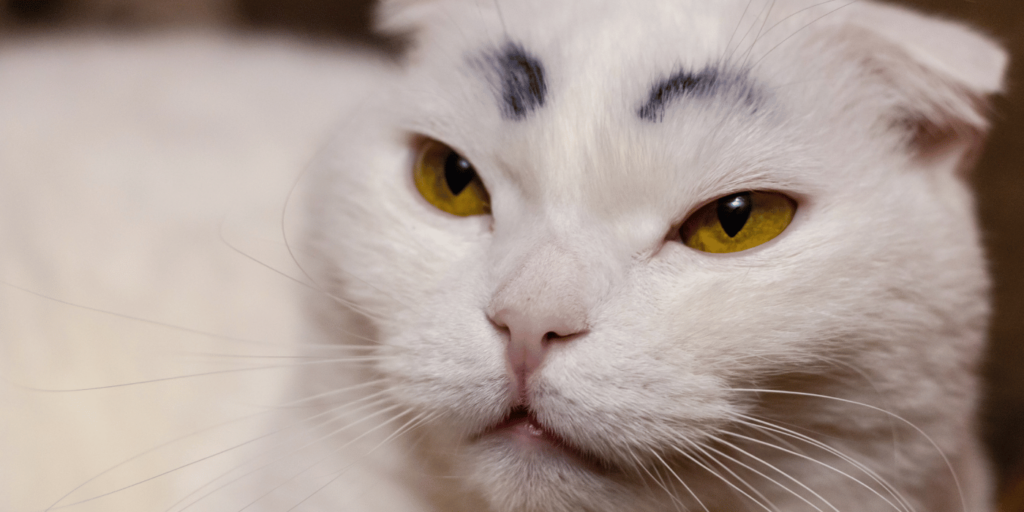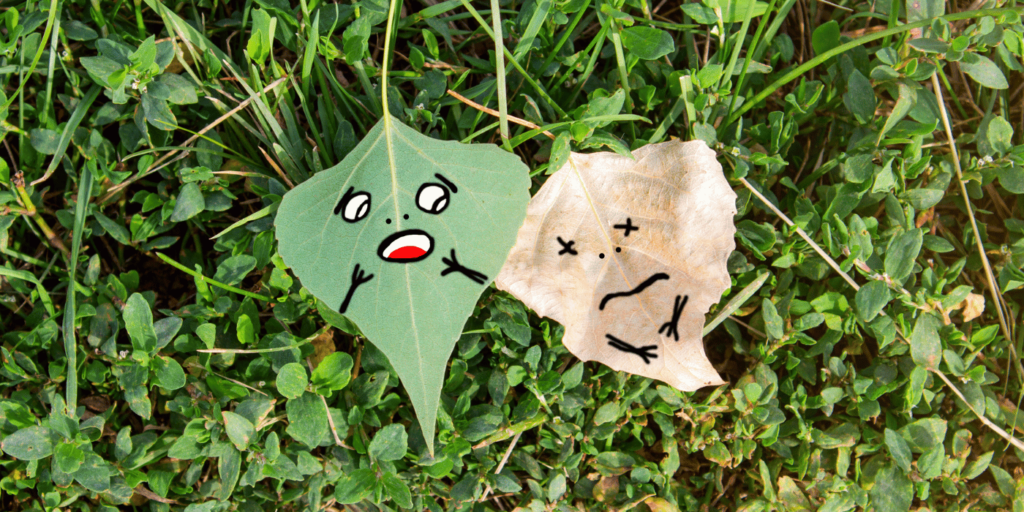Are Memes Dangerous?

Meme Culture Meets Copyright Law:
A Guide for Businesses & Creators
Memes, often humorous media fragments that spread rapidly through online sharing, are a global phenomenon that have made their way into mainstream culture. So ubiquitous are they in cultural parlance that a definition for them is barely necessary here. Often, memes transform and grow as viewers and sharers add new, individualized glosses to the underlying media.
However, commonly overlooked is the fact that the underlying image or media fragment in a meme is someone’s intellectual property, and thus subject to potential legal implications if used improperly. But wait, shouldn’t the Fair Use Doctrine imputed under the First Amendment apply to an obviously parodied creative work? Yes and no. Here is where the situation gets sticky, pointedly for businesses desiring to leverage meme culture commercially.

*All meme-like images in this article are properly licensed.

Fair Use Under the Copyright Act
Pursuant to the Copyright Act, there are four factors to consider whether a parody is considered “fair use” in copyright:
- purpose and character of use,
- nature of copyrighted work,
- amount used of the copyrighted work, and
- effect upon market or value of copyrighted work.
The first factor is of chief concern ordinarily. What is the purpose and character of the use? If a business is using a meme to promote its commercial interests, the meme may be considered for “commercial purposes.” While this factor is not determinative of the outcome, it is weighty.
Recently, popular meme or content creators have begun to send demand letters or sue small businesses that utilize the creators’ works, stating such use is commercial and accordingly not covered by fair use. If the creator has greater leverage or financial means than the enforcement-targeted business, the result of these demands is often swift settlement. This is an efficient result that mitigates risk to the business, but ultimately, without testing the merits of creators’ demands in court, it is difficult to know the true state of the art with these questions.
The remaining factors in determining fair use often come into play with respect to meme culture as well, but they unfortunately offer no concrete, dispositive rules of reason for meme sharing. What is the purpose of the meme and how was it changed? How much of the underlying image was altered? What has been the market-effect on the underlying work?
These are situational inquiries, wedded to their specific facts, that may change on a jury-by-jury basis. Plainly, predicting the merits of a copyright claim in this realm is extraordinarily difficult, and for many small businesses, settlement is the better part of valor.

How much risk are we talking here?
What will a demand letter relating to meme content require of the recipient?
Rather than asking a business to take down an infringing meme, companies and creators often demand tens of thousands of dollars to settle the issue through a retrospective license to use the meme content. Damages can vary markedly depending on the situation. Even without a copyright registration, the original creator will be able to collect actual damages, should it prevail in court.
An example of actual damages would be if the creator licensed out the picture for $50,000 to another company or creator, actual damages would be $50,000. If the creator does register the copyright prior to the infringement, they can decide between actual and statutory damages. Statutory damages start at $750 per infringement and can go up to $150,000 depending on the circumstances.
Thus, because many individuals or businesses are loath to risk the costs of litigation and a loss at trial to discover what actual damages are in reality, creators have latitude to price damages according to their own desires and what they believe they can extract from a user, as a means to pressure settlement.

What about meme generators?
Several “meme generator” websites allow individuals to create their own meme using one of the already created meme. However, these sites’ terms inevitably will state that the user is on the hook for any infringements, and it must proceed only with the permissions required to create the media in the generator.
As these warnings often go unread, it is often a surprise that memes must be licensed, as they are copyrighted material. While the internet is incredibly useful for quickly spreading information (and memes), the implications are far more momentous, and often unfortunate, than most realize.

Rely on Legal Counsel
Unfortunately, memes may cause a pretty large headache for small businesses.
Ultimately, because the merits of claims are unpredictable, and creators are inclined to enforce, the best rule for a business is to be wary on the front end. An ounce of prevention beats a pound of cure, so it is in businesses’ best interests to consult closely with competent counsel to avoid demands in this space. Proceed with caution!
For professional legal guidance and proactive strategies to navigate the complexities of intellectual property and online content, contact Founders Legal. Our team of experienced attorneys is dedicated to providing comprehensive support tailored to your unique needs. Reach out to us today for a free consultation, and take a decisive step towards safeguarding your business interests.

Case Law: Instances Where Fair Use Was Not Upheld
Andy Warhol Foundation for the Visual Arts, Inc. v. Goldsmith: the Supreme Court addressed critical aspects of the fair use doctrine, particularly its application to transformative works, which holds significant implications for the creation and use of memes. Central to the case was the examination of Andy Warhol’s Prince Series, based on a photograph by Lynn Goldsmith. The Court’s decision notably shifted focus from a comparative analysis of the works themselves to the “purpose and character” of the use, a key factor in fair use determinations. This approach underscores the necessity of considering the specific context and nature of use when applying fair use principles. The ruling in this case not only impacts the rights and obligations of commercial artists but also contributes to the evolving legal landscape regarding fair use, copyright law, and the dissemination of visual art. It highlights the importance of understanding these developments, especially in how they pertain to the fair use analysis of memes, a dynamic and increasingly relevant form of creative expression.
Grumpy Cat Limited v. Grenade Beverage LLC: Grumpy Cat Limited sued Grenade Beverage for exceeding a licensing agreement over the use of the Grumpy Cat image. Grenade Beverage had initially paid $150,000 to use the image for a “Grumppuccino” drink but then violated the agreement by launching additional Grumpy-themed products without permission. The court ruled in favor of Grumpy Cat Limited, awarding $710,000 in damages for trademark and copyright infringement, as well as breach of contract. This 2018 case highlights the importance of adhering to intellectual property rights and contractual agreements in commercial ventures.
Warner Bros. Entertainment Inc. v. X One X Productions: a legal dispute over the unauthorized use of images from “Gone with the Wind” and “The Wizard of Oz” on merchandise led to significant financial repercussions. Warner Bros. and its affiliates sued X One X Productions and related entities, resulting in the district court awarding $10,000 per infringed copyright for 257 copyrights, totaling $2,570,000 in damages. This case highlights the severe financial consequences of copyright infringement and the critical importance of respecting intellectual property rights.
Associated Press v. Fairey: artist Shepard Fairey and The Associated Press reached a settlement over the use of an AP photo in Fairey’s “Hope” campaign poster of President Obama. While the settlement did not disclose specific monetary details, it included an agreement that Fairey would not use another AP photo without licensing and that both parties would share profits from the sale of posters and merchandise featuring the image. This settlement, marked by its lack of disclosed financial terms, highlights the complexity and often confidential nature of agreements in intellectual property disputes.
Fox News Network, LLC v. TVEyes, Inc.: Fox News sued TVEyes for copyright infringement, alleging that TVEyes’ use of its video content to create clips for subscribers constituted infringement and deprived Fox of revenue. TVEyes, a media company, recorded content from over 1,400 television and radio channels, including Fox, and allowed clients to play, save, edit, download, and share this content. The Second Circuit Court ruled that TVEyes’ actions were not protected by the fair use doctrine, finding that while TVEyes served a transformative purpose, it made almost all of Fox’s copyrighted content available to its clients, thus impacting Fox’s revenue. The court reversed the district court’s finding of fair use, affirmed the denial of additional relief for TVEyes, and remanded for a revised injunction. This case highlights the limits of fair use, especially when the redistribution of content impacts the original copyright holder’s revenue.

Case Law Upholding Fair Use
Katz v. Chevaldina: Raanan Katz sued Irina Chevaldina for copyright infringement under 17 U.S.C. 501, alleging unauthorized use of a candid photograph of himself in her critical blog posts. Chevaldina defended her actions under the fair use doctrine, as outlined in 17 U.S.C. 107. The court’s analysis focused on the purpose and character of Chevaldina’s use, the nature of the copyrighted work, and the effect of the use on the potential market. The court found Chevaldina’s use to be non-commercial and educational, serving a transformative purpose in critiquing and satirizing Katz’s character. Additionally, the court noted the factual nature of the photograph, which weighed in Chevaldina’s favor, and determined that her use did not adversely affect the market for the original work. Ultimately, the court strongly favored fair use, dismissing Katz’s infringement claims. This case highlights the complexities of fair use in copyright law, especially in contexts involving criticism and commentary, and emphasizes the importance of context and nature in fair use considerations.

Key Takeaways
Intellectual Property Concerns in Memes: Memes, while popular and often humorous, contain underlying media that is someone’s intellectual property. Their widespread and transformative use online raises significant legal implications, especially for businesses seeking to leverage meme culture for commercial purposes.
Fair Use Doctrine Complexity: The Fair Use Doctrine under the Copyright Act involves four factors: purpose and character of use, nature of copyrighted work, amount used, and effect on market value. These factors are critical in determining whether a meme’s use is legally permissible, particularly for commercial purposes.
Commercial Use of Memes and Legal Risks: Businesses using memes for commercial gain face heightened legal risks. Content creators are increasingly enforcing their rights, leading to demand letters or lawsuits against businesses. The unpredictable nature of these claims often results in settlements to avoid litigation.
Potential Financial Consequences: Infringement claims can lead to significant financial demands, often in the tens of thousands of dollars. The costs can escalate depending on whether the original creator opts for actual or statutory damages, with statutory damages ranging from $750 to $150,000 per infringement.
Meme Generators and User Responsibility: Websites that allow users to create memes often place the onus of copyright infringement on the user. Users should be aware that memes are copyrighted material and require appropriate licensing.
Importance of Legal Counsel: Given the unpredictable nature of copyright claims and the inclination of creators to enforce their rights, businesses are advised to consult with legal counsel to navigate these complexities and avoid potential legal issues.
Founders Legal provides professional guidance and tailored strategies in intellectual property and online content management. Our experienced attorneys ensure your business is prepared and protected against legal challenges, particularly in the digital realm. For comprehensive support in navigating these complexities, consult with Founders Legal to safeguard your business interests.

- Are Memes Dangerous? Meme Culture Meets Copyright Law: A Guide For Businesses & Creators - November 28, 2023
- 2024 Changes to International Trademark Classifications - September 13, 2023
- Jenka Lab’s Intellectual Property Rights at Forefront of Counterfeit Games Lawsuit - August 25, 2023
